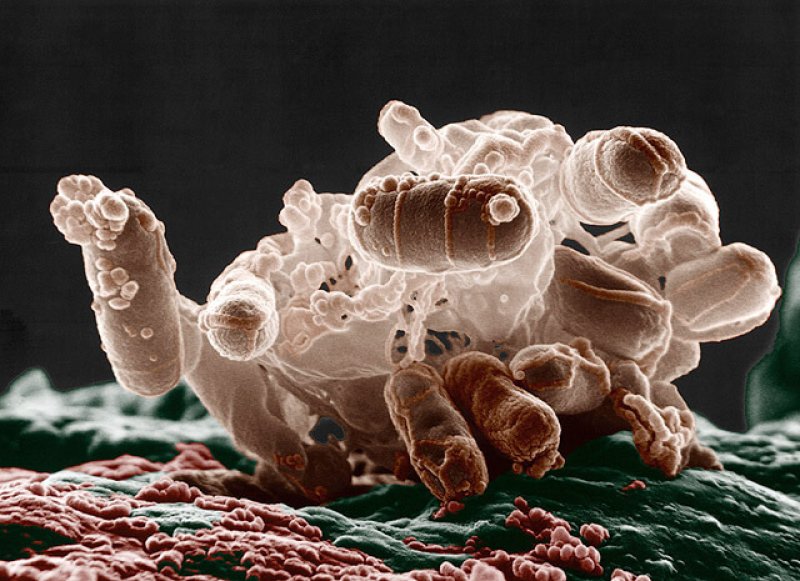New data from a study conducted by the Wellcome Trust Sanger Institute suggests that drug-resistant “superbugs” are not necessarily out-competing other strains. The UK-based study is the first large-scale genetic study of Escherichia coli (E. coli).
…
Results from the study, published in Genome Research, indicate that bloodstream infections were caused by over 200 different strains of E. coli. […] New strains of E. coli were found to emerge over time, but rather than continuously rising, the strains tapered off reaching a balance with other strains.
Dr. Sharon Peacock, MRCP, PhD, a professor of clinical microbiology at the London School of Hygiene & Tropical Medicine said in a press release, “The reason for this equilibrium may relate to the fact that all bacteria are constantly competing with others to survive in places where they are carried, such as the gut.”
…
Researchers determined that the various types of genes each strain carried were a predisposition to their overall success. Some of the strongest genes endowed the bacterium to either survive in digestive tracts, or eliminate adversaries by cutting off their resources or killing them.
[The original study can be found here]The GLP aggregated and excerpted this blog/article to reflect the diversity of news, opinion, and analysis. Read full, original post: Diversity of E. Coli Create a Complex View of Bloodstream Infections in Superbugs Study































